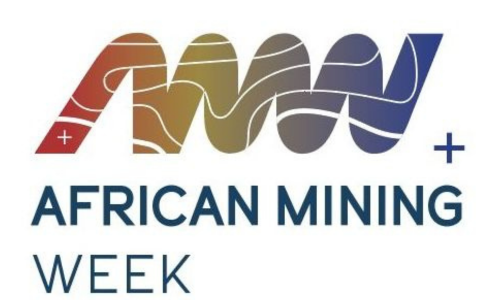Mining Advances Growth Prospects for African Economies
)
Mali
The Malian government expects to collect $1.2 billion in tax revenue from the mineral sector in Q1, 2025 alone. New developments such as Hummingbird Resources’ Yanfolia project and Ganfeng Lithium’s Goulamina mine coming online, the country’s mining industry is set to expand even further. In 2023, the sector contributed approximately $1 billion to the economy, accounting for 21.5% of the national budget.
Malawi
Malawi is accelerating the rollout and monetization of mining projects under its Agriculture, Mining and Tourism strategy. The strategy focuses on boosting activities across these sectors, with goals including increase exports, job creation and greater investment. The World Bank projects that the mining sector will contribute 12% to Malawi’s GDP by 2027, generating $300 billion in export revenue between 2026 and 2040.
South Africa
South Africa’s mining sector remains a major economic pillar, contributing 6% to the country’s GDP in 2024 and generating R100 billion in national revenue. The industry provided 474,876 formal jobs, accounting for 4.5% of total employment, while exports reached R800 billion - representing 45% of total merchandise exports. With efforts to revitalize the gold industry and accelerate growth in critical minerals underway, the industry’s contribution to economic stability continues.
Zambia
In Zambia, mining continues to play a critical role, contributing 20% of total revenue, 15% of formal employment and 70% of export earnings. A plan to increase annual copper production to 3.1 million tons by 2031, reallocate 1,000 repossessed mining licenses and attract new investments by firms such as Barrick, Jubilee Metals and Tertiary Minerals, will further expand the sector’s contribution to GDP.
Botswana
With a wealth of untapped mineral opportunities, Botswana seeks to leverage international partnerships to unlock additional value across its diamond sector. Diamond mining currently accounts for 4% of employment, 30% of GDP and 85% of total exports in the country. Going forward, greater investment across the industry will not only spur job creation but generate increased revenue from the industry.
Ghana
Ghana’s mining industry is a significant contributor to the country’s economy, with minerals such as gold, manganese, bauxite and diamonds generating substantial revenue for the economy. Gold accounted for 48.4% of GDP in 2024 while small-scale gold miners alone generated $5 billion in foreign earnings from gold exports in the same year. However, with a focus on improving industry regulation, formalizing small-scale mining operations and increasing investments, Ghana is on track to generate greater value from its mining sector.
As global demand for minerals rises - driven by the energy transition and the Fourth Industrial Revolution - the prospects for Africa’s mining sector remain strong. The upcoming African Mining Week - taking place on October 1-3 in Cape Town - will highlight the sector’s expanding role in economic growth, job creation and revenue generation. African Mining Week will explore how countries are leveraging mining revenues to drive economic growth and infrastructure development, ensuring the industry remains a cornerstone of Africa’s economic future.


